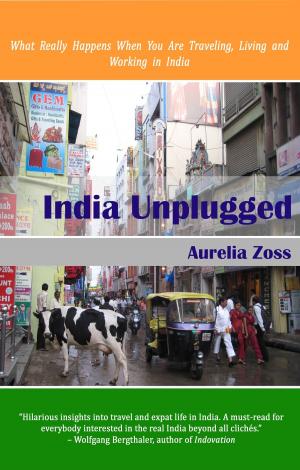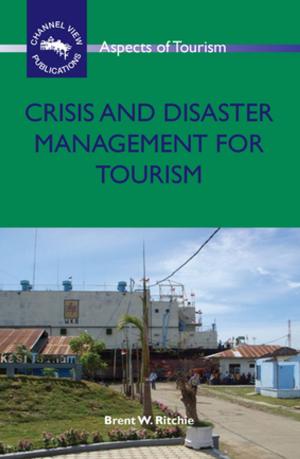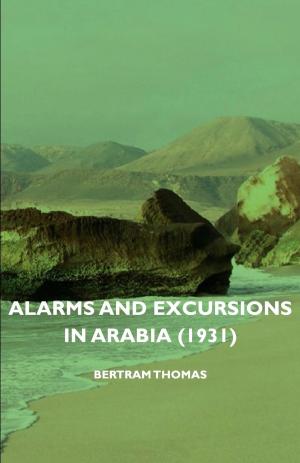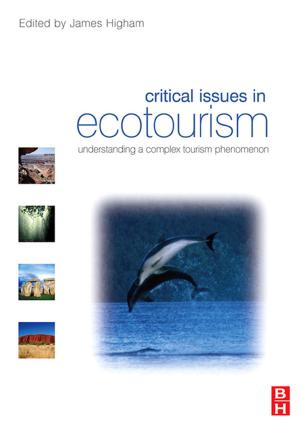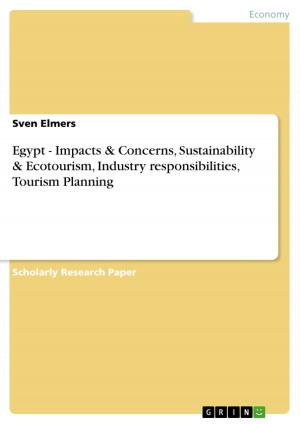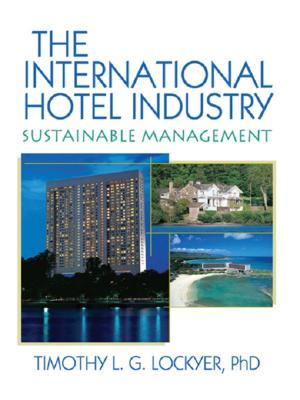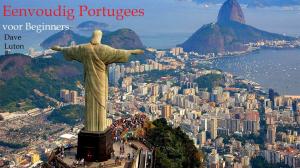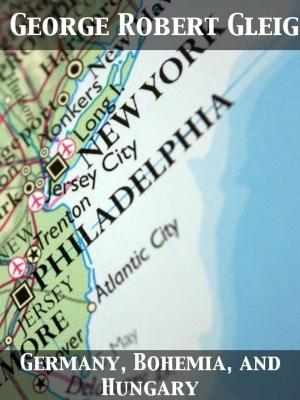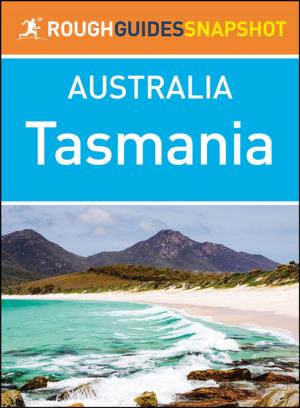| Author: | Archie Bradley | ISBN: | 9781370425310 |
| Publisher: | Archie Bradley | Publication: | May 15, 2017 |
| Imprint: | Smashwords Edition | Language: | English |
| Author: | Archie Bradley |
| ISBN: | 9781370425310 |
| Publisher: | Archie Bradley |
| Publication: | May 15, 2017 |
| Imprint: | Smashwords Edition |
| Language: | English |
Sao Tome and Príncipe Political Governance and Economy. A Book on Sao Tome and Príncipe On 7 August 2016, Evaristo Carvalho, candidate of the ruling Acçao Democratica Independente (ADI) was elected president of Sao Tome and Príncipe, Africa’s second smallest country and one of the very few African states with a semi-presidential system. For the first time in the country’s 25-year democratic history the candidate of the ruling party won the elections. However, unlike earlier elections in the small archipelago for the first time the elections were marked by accusations of irregularities that culminated in the refusal of the incumbent President Manuel Pinto da Costa, the second most voted candidate, to participate in the final ballot. President Carvalho is not expected to rigorously monitor or even complicate the government’s actions, since he is widely considered a proxy of Prime Minister Patrice Trovoada. Such harmony between government and president is unprecedented in Sao Tome and Principe, because in the previous five presidential elections the electorate has always preferred the cohabitation between the two office holders. A somewhat different situation only occurred in the free first presidential elections in 1991 when Miguel Trovoada, Patrice’s father, was elected unopposed president with the support of the Partido da Convergência Democrática (PCD), which had won the preceding legislative elections. However, President Miguel Trovoada (1991-2001)
Economy
Saotomean economy, as for those Small Island Developing States (SIDS), is strongly constrained by the insular nature of the country, its fragility, as well as by the resources’ constraints and the weakness of the absorption capacity. This results in an extreme vulnerability to external shocks and a strong dependence on official assistance (ODA), which funds more than 90% of investment spending (averaging 93.6% over the period 2012-2015).
Sao Tome and Príncipe Political Governance and Economy. A Book on Sao Tome and Príncipe On 7 August 2016, Evaristo Carvalho, candidate of the ruling Acçao Democratica Independente (ADI) was elected president of Sao Tome and Príncipe, Africa’s second smallest country and one of the very few African states with a semi-presidential system. For the first time in the country’s 25-year democratic history the candidate of the ruling party won the elections. However, unlike earlier elections in the small archipelago for the first time the elections were marked by accusations of irregularities that culminated in the refusal of the incumbent President Manuel Pinto da Costa, the second most voted candidate, to participate in the final ballot. President Carvalho is not expected to rigorously monitor or even complicate the government’s actions, since he is widely considered a proxy of Prime Minister Patrice Trovoada. Such harmony between government and president is unprecedented in Sao Tome and Principe, because in the previous five presidential elections the electorate has always preferred the cohabitation between the two office holders. A somewhat different situation only occurred in the free first presidential elections in 1991 when Miguel Trovoada, Patrice’s father, was elected unopposed president with the support of the Partido da Convergência Democrática (PCD), which had won the preceding legislative elections. However, President Miguel Trovoada (1991-2001)
Economy
Saotomean economy, as for those Small Island Developing States (SIDS), is strongly constrained by the insular nature of the country, its fragility, as well as by the resources’ constraints and the weakness of the absorption capacity. This results in an extreme vulnerability to external shocks and a strong dependence on official assistance (ODA), which funds more than 90% of investment spending (averaging 93.6% over the period 2012-2015).


